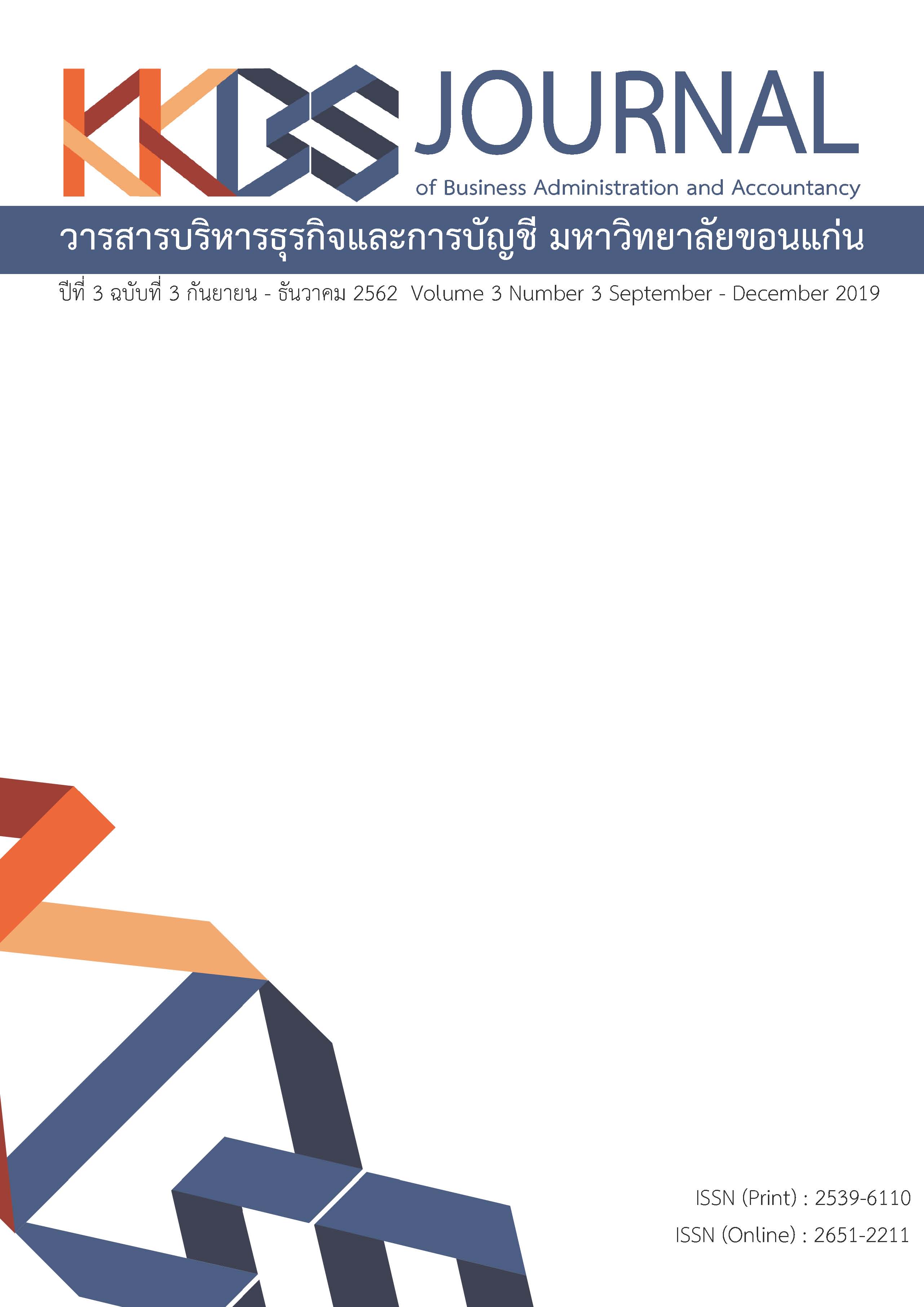Competencies Assessment of Supply Chain Personnel Using the Conceptual Framework of SCOR Model
Main Article Content
Abstract
This study aims to study about the competencies assessment of supply chain personnel and develop human resource development plan using the conceptual framework of SCOR Model. This is the first case study in Thailand because none of public company in Thailand implements this before. The study deploys qualitative method using case study of public company in Thailand which has capital registered of 1.6 billion baht. The case study company has various business units however this study focuses mainly on fuel wholesale and retail businesses. The data collection is done through competency assessment form. The samplings are supply chain personnel including plan, source, make deliver, return and enable.
The result finds that the assessment starts with identifying the personnel levels and assessment criteria from 5 levels of SCOR people. Then, process level 3 is defined to match with human skills for assessment. Finally, the human resource development plan is developed from the output of the assessment. The target is expected that supply chain personnel should have competency level higher or equal to standard level. However, if their competency levels are lower than expected, human resource development plan is developed to ensure that training will be provided in order to improve knowledge and skills for supply chain performance improvement. Once the supply chain personnel are developed, the company can be more competitive. According to case study company, the public companies which implemented SCOR can use as a guideline to assess their supply chain personnel to ensure the successful and efficient implementation.
Article Details
The articles published in the journals are the authors' opinions, not the opinion of the editorial team or administrative staff. The articles published is copyright of the Journal of Business Administration and Accounting, Khon Kaen University.
References
พนิดา วัชระรังษี. (2560). สมรรถนะและคุณลักษณะการเป็นผู้ประกอบการของผู้เรียนในหลักสูตรบริหารธุรกิจมหาบัณฑิต มหาวิทยาลัยในเครือข่ายเบญจมิตร. วารสารมนุษยศาสตร์และสังคมศาสตร์ มหาวิทยาลัยราชพฤกษ์, 3(2), 116-126.
วรรณวิภา ไตลังคะ. (2553). การประเมินผลการปฏิบัติงานแบบ 360 องศา: ประโยชน์ ข้อจำกัด และปัจจัยแห่งความสำเร็จ. วารสารมหาวิทยาลัยปทุมธานี, 2(2), 268-284.
สิริภักตร์ ศิริโท และวราภรณ์ มะลิวัลย์. (2556). การประเมินสมรรถนะบคุลากรสำนักทะเบียนและประมวลผล กรณีศึกษาสถาบันเทคโนโลยีพระจอมเกล้าเจ้าคุณทหารลาดกระบัง. วารสารบริหารธุรกิจเทคโนโลยีมหานคร, 10(2), 41-60
American Production and Inventory Control Society. (2018). Supply chain operations reference model. Chicago: APICS.
Dario, R. (2016). Competency measurement model. Retrieve January 12, 2019, from https://q2016.ine.es/scientific-information/conference-programme/index.html
McMillan, D.C. (1973). Testing for competence rather than for "intelligence". American Psychologist, 28(1), 1-14.
Natalie Werbitski. (2012). A Competency Assessment Process. Retrieve January 12, 2019, from https://slideplayer.com/slide/12191068/


